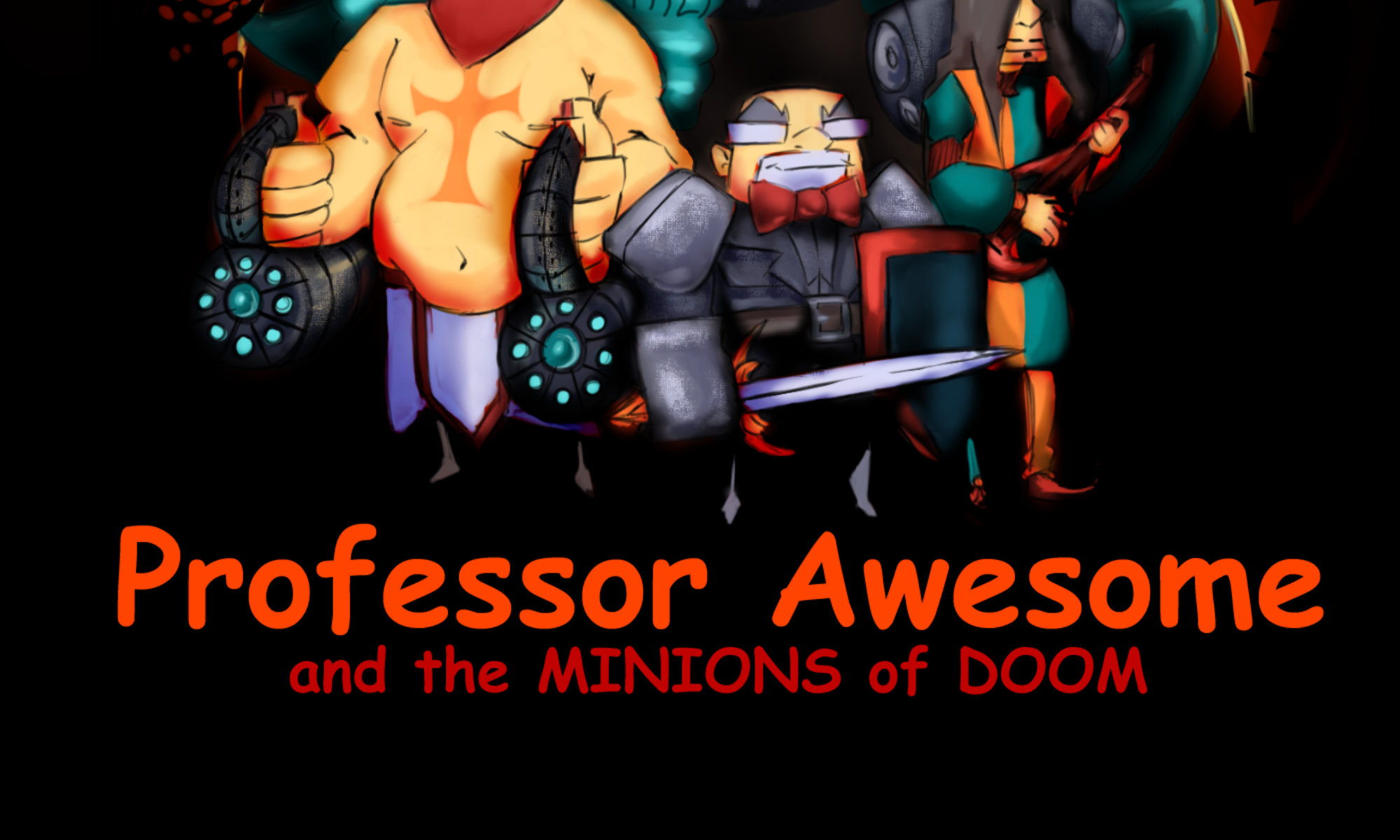When Alex DiBlasi and I first set out to academically explore geek rock, we began by defining a set of criteria to describe what, exactly, IS geek rock.  I had suggested that we present a panel on geek rock at the Popular Culture Association/American Culture Association annual conference, and our panel set the tone and provided much of the feedback for the definition(s) and criteria that you can find throughout our book Geek Rock: An Exploration of Music and Subculture (which, btw, is the first and so far only book to address geek rock in an academic context). The really fun part (well, there’s lots of really fun parts) about trail-blazing is the very nature of trail blazing itself–marking out the general path. In our book, our authors (including ourselves) have come up with a set of criteria that we think is pretty good, but which also only serves as starting point to pave the way.
1. Geek rock is “geeky†by virtue of its lyrics. They Might Be Giants allude to Plato’s “Allegory of the Cave†in “No One Knows My Plan.†TMBG not only reference classical philosophy, but they are referencing it in a song sung by a narrator who is prisoner plotting to escape his cell–and he narrates his unknown plans to a rather calypso tune. This is geekery at its finest, in my opinion, because of the musical geekery (see #2) juxtaposition with the literary geekery.
2. Musical geekery is also frequently seen in geek rock. By this, I mean musically referencing other songs, genres, or artists, and/or displaying a knowledge of, well, music. An example: Barenaked Ladies’ references to Rush in the song “Grade 9,†on their album Gordon. Implicit in this reference is the idea that Rush is a band you could not only discover in 9th grade, but that you could fandom in 9th grade (I’m using fandom as a verb here because I think fandom is a complex phenomenon of joining, allegiance, exuberance, and influence. It seemed the best way to indicate the discovery of an artist in your youth that impacts you significantly.)
3. Geek rockers are geeks. Re: Weezer. After all, they coined the term “geek rock.â€
4. Geek rock is generally, like geeks themselves, not terribly mainstream. This one is a little tricky, because what, after all, is mainstream? The popular in popular culture, the mass in mass media, mainstream is also fickle. And panoptic. And quo. But what do we make of the listing of artists from the first volume of Never Mind the Mainstream, a collection of MTV’s 120 Minutes (the alternative music show) from 1991? Red Hot Chili Peppers, Soul Asylum, The Stone Roses, The Mission UK, Bob Mould, The Church, The Cocteau Twins, Julian Cope, Sinead O’Connor, Sonic Youth, Robyn Hitchcock & The Egyptians, World Party, XTC, They Might Be Giants, Camper Van Beethoven, and Modern English. Once obscure, several, if not all, of these artists are far more “mainstream†now than they once were, reading more like a “Who’s Who†list then a “Who’s That?!†list. Even with the fluctuations in the mainstream, this list demonstrates how geek rock tends to cross the streams, and also exist in the realms of alternative music, or indie rock. Perhaps it’s best to use the lingo of the 90s, and say that geek rock is an alternative to the alternative, without necessarily being isolated from the alternative or the mainstream. It may not generally be mainstream, but it’s not exactly not mainstream, either. Which leads to my last point, #5.
5. Perhaps most importantly, audience interpretation is what makes geek rock geeky. Be it mainstream, alternative, or something else entirely, what really puts the geek in geek rock is the listener. When I listen to They Might Be Giants, I hear layers of possibility in meaning, a playground of interpretation, of sophisticated referencing of literary device and musical homage wrapped in panache. The word “geek†for me, connotates “smart.†Let’s not forget that “geek†was first equated with intelligence, enthusiasm, and an awkwardly zealous focus on pursuits. They Might be Giants are a geek rock band in my book (literally) because they are, above anything else, a SMART band. They fit nearly all of this criteria (not #3. I don’t think they themselves are geeks, and they don’t claim to be, either). My reading of They Might Be Giants as geek rock musicians is what makes them geek rock, perhaps even more than anything they are inherently doing. As a listener, it’s my interpretation and perception, the connotation that I have of “geek,†and my own invested geekiness and geeking out that puts the geek in geek rock.
One of my intentions with this column is to continue to explore geek rock from every angle we can possibly think of. In our book, we have contributions from around the world that explore geek rock from the perspectives of cultural studies, lyric analysis, gender studies, the whole shebang. I want to keep adding to this list, discussing what geek rock is, why it is geek rock, and how geek rock is important to music and, more broadly, culture and subculture(s) in general.
In other words, we intend to geek out over geek rock. And I hope you’ll join us.

